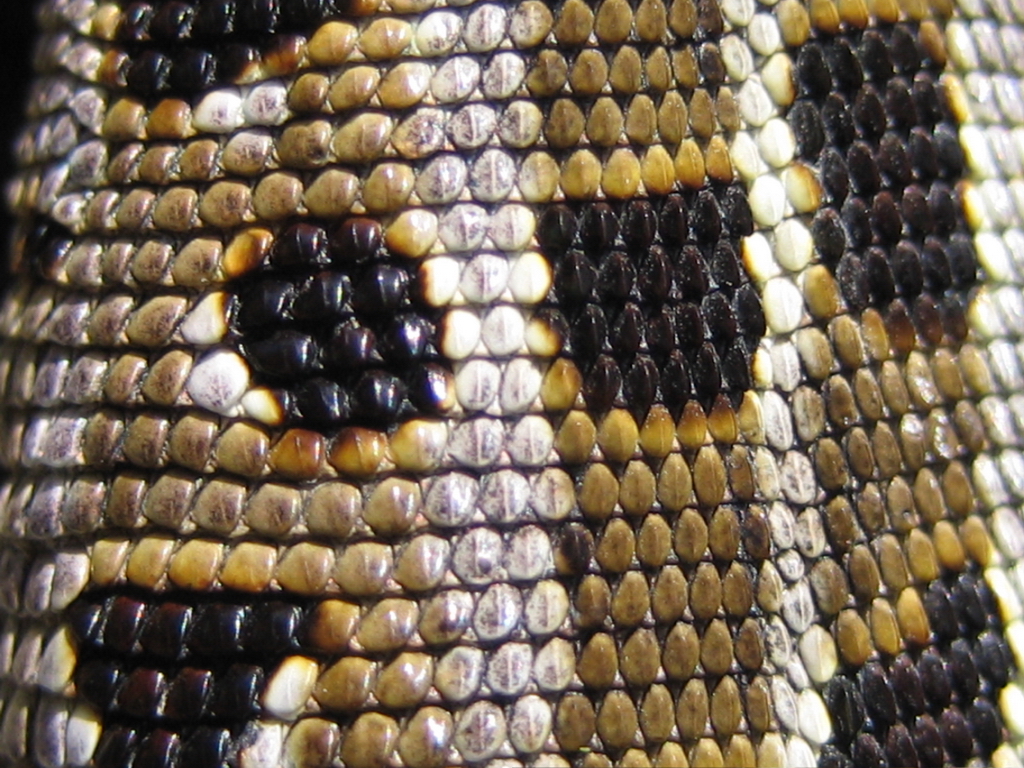|
Leiocephalus Roquetus
''Leiocephalus roquetus'', also known as the curlytail roquet or La Désirade curlytail lizard, is an extinct species of lizard in the family of curly-tailed lizard (Leiocephalidae). It was endemic to Guadeloupe. The specific epithet, ''roquetus'', refers to the name it was given by early French settlers on Guadeloupe; the indigenous Kalinago name for the species was never recorded. Aside from fossil remains, it is only known from a single specimen collected by one Théodore Roger, who deposited it circa 1835 at the Natural History Museum in Bordeaux; this specimen was misidentified in the mid-20th century as a Martinique curlytail (''L. herminieri''). The specimen was reexamined in 2015, and with the help of extensive ''Leiocephalus'' fossil remains discovered on La Désirade in 2018, was found to be a distinct species, and described as ''L. roquetus'' in 2021. This species, along with ''L.. herminieri'', displays a primitive morphology compared to all other known species of ''L ... [...More Info...] [...Related Items...] OR: [Wikipedia] [Google] [Baidu] |
Lizard
Lizards are a widespread group of squamate reptiles, with over 7,000 species, ranging across all continents except Antarctica, as well as most oceanic island chains. The group is paraphyletic since it excludes the snakes and Amphisbaenia although some lizards are more closely related to these two excluded groups than they are to other lizards. Lizards range in size from chameleons and geckos a few centimeters long to the 3-meter-long Komodo dragon. Most lizards are quadrupedal, running with a strong side-to-side motion. Some lineages (known as "legless lizards"), have secondarily lost their legs, and have long snake-like bodies. Some such as the forest-dwelling ''Draco'' lizards are able to glide. They are often territorial, the males fighting off other males and signalling, often with bright colours, to attract mates and to intimidate rivals. Lizards are mainly carnivorous, often being sit-and-wait predators; many smaller species eat insects, while the Komodo eats mammals a ... [...More Info...] [...Related Items...] OR: [Wikipedia] [Google] [Baidu] |
